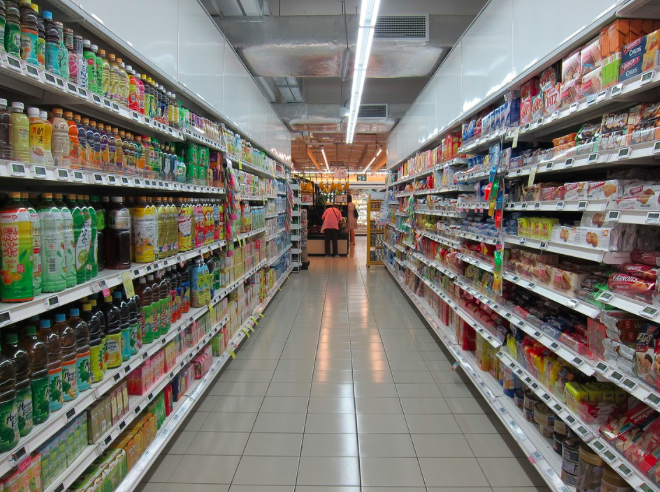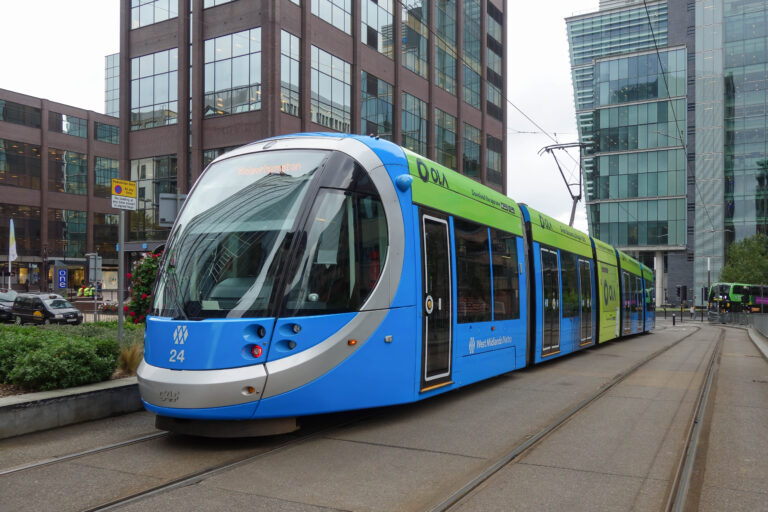This week and next will see children up and down the UK take a break from school for a half term of fun, freedom and relaxation. But for some, their half term will be anything but. For it is school breaks that ruthlessly expose the hidden cost of poverty – the cost paid by children when free meals are no longer a part of their day.
A recent report published by the All-Party Parliamentary Group (APPG) on Hunger found that up to 3 million British children spend their school holidays at risk of not getting enough food. Kicking off each new term or half term, thousands of teachers and school staff will notice children returning to school hungry on their very first day back. In a damning statistic, 10 million children live in “food insecure” families – families that sometimes or always worry about where their next meal will come from.
Whilst the work of food bank charities like the Trussell Trust to feed hungry families is to be commended, it is shocking that their use has now become an accepted and embedded part of the welfare state. Last year, Tory MP Jacob Rees-Mogg claimed that food banks demonstrate “what a good, compassionate country we are” and that watching people volunteer for them is “rather uplifting.” Yet, it cannot be “uplifting” to watch a government abdicate responsibility for ensuring that everyone in this country is properly housed, clothed and fed. This year, the Trussell Trust’s “Left Behind” report found that use of the UK’s 2,000 food banks has increased by 13%. In areas where Universal Credit has been rolled out for 12 months, however, usage has increased by 52% – leading the Trussell Trust to argue that food bank use has been severely impacted by a deficient Universal Credit system which has been poorly administered.
What does this mean for hidden hunger? Clearly, there are structural issues that need changing – the failures of the welfare state and Universal Credit system, amidst a stagnation in wages, increasing food prices and the rise of the gig economy and zero-hours contracts, have all contributed to a lack of food security and have meant that just under 40% of provisions distributed by food banks go to children. These issues mean that we’re creating a society where schools don’t just become responsible for the education of our children, but their basic everyday nutrition. Teachers have stories to tell about providing breakfast, snacks and shoes for their pupils in a desperate attempt to paper over the cracks in our system.
The numbers of children going hungry during the school holidays show how much we need initiatives to tackle the problem of food poverty. So, what is currently being done to help? For all the efforts of food banks like the Trussell Trust to provide emergency food to those who need it, Robbie Davison, the director of Can Cook, argues that the handing-out of low-quality (the Trussell Trust’s parcels have been deemed only “nutritionally adequate,” though too sugary) food does nothing to tackle underlying problems. His social enterprise is working with local councils to set up “good food areas” – where surplus food will be cooked into high-quality meals and made available both in convenience stores at cut-down prices and in schools to create a more educational and local food system.
The government has also pledged £2 million of funding to extend free school meals into school holidays through dedicated holiday clubs. This is an effort based off the success of initiatives like Fit and Fed, a holiday activity programme run by the charity Street Games to tackle what they term the “triple inequalities” of holiday hunger, isolation and inactivity. This year, they fed 7,500 children in disadvantaged areas throughout the summer holidays. And, in light of the 70 recommendations made by the APPG on Hunger, Labour MP Emma Lewell-Buck recently brought a bill to Parliament
calling on the government to start formally measuring food insecurity across the UK. The bill will reach its second reading in Parliament at the end of October, with its supporters hoping that quality data will provide a necessary first step to tackling food poverty. Quite simply, what gets measured, gets fixed.
Fundamentally, the distribution of emergency parcels of food is not a long-term solution to the issue of hidden hunger. The fact that school holidays and half terms, times of innocent and carefree fun, leave children facing malnutrition is simply unacceptable. It is only through active initiatives and government involvement that we can tackle the root causes of insecure access to food. Clearly, in the sixth-richest country in the world, our school holidays only exacerbate the creeping effects of child poverty and hidden hunger.
Clearly, child poverty is a creeping phenomenon that is only exacerbated by the summer holidays. But what does child poverty actually mean? Simply put, it’s when children cannot afford an “ordinary living pattern” – they won’t be able to afford warm clothes, school trips, or even having a friend over for tea, stunting their academic performance, behaviour and social skills. And here, in the sixth-richest country in the world, an average of 9 children in a class of 30 will be living in poverty just like this.




